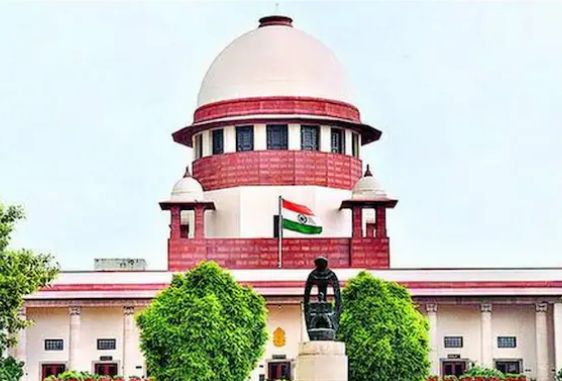The Supreme Court on Thursday dismissed the Telangana government’s plea challenging the High Court’s interim stay on its decision to expand reservations for Other Backward Classes (OBCs) beyond the 50% ceiling limit.
A Bench of Justices Vikram Nath and Sandeep Mehta upheld the Telangana High Court’s October 9 order, observing that previous judicial rulings including the landmark 1992 Indra Sawhney judgment do not allow any state to exceed the 50% cap on total reservations.
“The 50 percent limit has been consistently upheld by the top court. Any attempt to breach it would contradict established constitutional principles,” the Bench noted during proceedings.
The state government had sought to defend its decision to grant 42% reservation for OBCs in local body elections, which would raise the overall reservation level to 67%. Telangana argued that such a move was a policy decision made to ensure greater political representation for marginalized groups. However, the Supreme Court maintained that no policy decision can override constitutional limits set by previous judgments.
The Telangana High Court had earlier stayed the state government’s order, noting that it violated the 50% reservation ceiling established in the Indra Sawhney case (1992) a ruling that continues to guide India’s reservation policy framework. With the Supreme Court’s dismissal of the plea, the High Court’s stay remains in effect, effectively halting Telangana’s plan to expand OBC quotas in local elections.
The ruling reinforces the judiciary’s long-standing position that reservation policies must balance social justice with equality under Article 14 of the Constitution. Legal experts say any move to alter the 50% cap will likely require a constitutional amendment, not just executive action.








